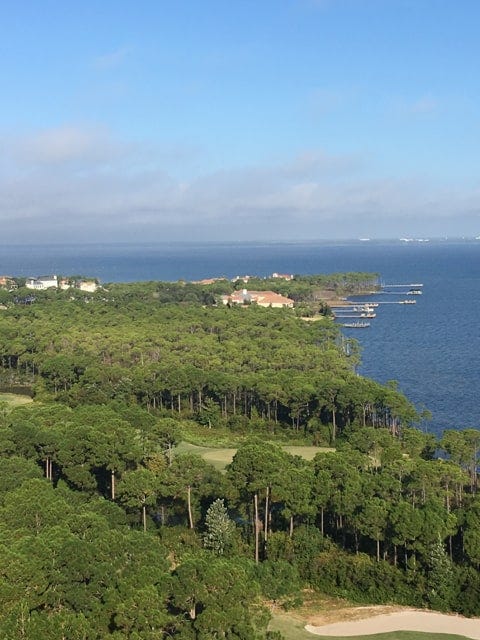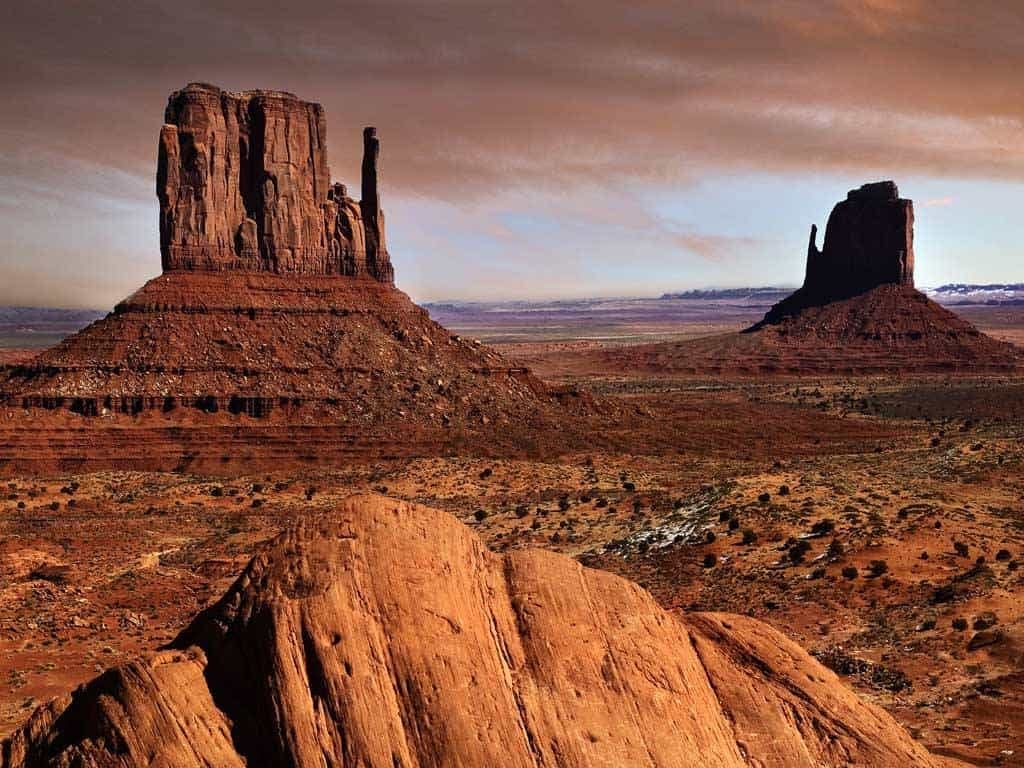Thoughts on Beauty
If anything speaks to the existence of God, it is surely this.
by Rod D. Martin
October 17, 2016
Every morning when I wake, I look out my window and thank God that we get to live here, and for the beauty my eyes behold. I just spent my seventh birthday in this place. Though legally we may be owners here we are but stewards, and if God should take this from us someday, I will be grateful that He allowed us to be here every day that we were.
Many mornings, as I thank Him, it occurs to me that there is an objective aspect to this beauty which I cannot explain by means of the world's understanding of our existence. This was one of those days.
It is not difficult to understand why I find this beautiful:
This is my younger daughter and her mommy. Any evolutionist will tell you why I find both of them attractive. It is, among other things, a biological necessity and an evolutionary advantage for me to desire the latter and wish to protect both. Indeed, it makes obvious sense that those among my ancestors who had the trait of finding their mates and offspring beautiful, and who also wanted to protect them, would have significant advantages both in reproduction and in the propagation of their line down through the generations over those who were indifferent on either score. The latter group would presumably die out over millions of years -- if not sooner -- while the former, possessed of feelings like my own for whatever genetic or biochemical reason, would be far more resilient and would eventually dominate.
But why do I think this is beautiful?
This is what I see each morning from my window. It's truly lovely, and as I said, I am very grateful to be here.
But where is the evolutionary advantage to this? A lot of what you see here is a swamp. The water isn't drinkable: that's a bay out there. There are indeed fish in it: lots of them. But without air conditioning, bulldozers and lots of bug spray -- which is to say, technology invented long after I supposedly evolved -- this isn't a place you'd want to be, at least in terms of evolutionary advantage.
I don't live anywhere near this next place, but it makes for another good example:
This is just beautiful. Most likely, you agree. But there is no possible evolutionary advantage to your or my thinking so. Without modern technology, you not only couldn't live here, you would almost certainly die here.
Likewise this:
Everyone seems to think this is beautiful. But why? What possible gain can come from it, again, from an evolutionary perspective? You can't farm this. You can't herd livestock on it. It's dangerous terrain: again, without modern technology the mountain is more likely to kill you than not.
Why wouldn't scenes like these repulse us, like the well-developed sense of revulsion we feel when encountering sewage, or an open wound, or the fear we feel when we see certain insects and wild beasts? Are we not supposed to believe that evolution has fine-tuned us over millions and billions of years such that all of our desires, impulses and fears are carefully tailored to the needs of our caveman selves? Shouldn't evolution teach us not merely to avoid but to disdain white snow, or for that matter white sand, things which would necessarily harm us in a pre-technological state?
And yet almost universally, we see this as beautiful.
And this, despite its having no pre-technological precedent:
And this, despite its dominant feature being a blazing fire, something plainly harmful:
Why?
Indeed, why do we think in terms of beauty at all? Or ugliness for that matter (because I could easily show you many scenes that you would find instantly repulsive, which feeling would provide you with no evolutionary benefit I can discern). This seems a mystery to me. Why would we have traits, not common in lower animals, which are not helpful to natural selection, and which are not simply the byproduct of greater intelligence?
There is very little logical, after all, about beauty. The concept of beauty is far more than mere attraction. I might be attracted to raw meat if I'm hungry enough, but it isn't beautiful (unless it's sushi). Complexity can be beautiful, but complexity isn't necessary for beauty. Likewise bright colors, and many other things. Clearly there is an intellectual component to discerning it, but beauty, like joy and like wonder, is not intellectual in its essence. The intellect can construct a telescope sufficiently powerful to permit seeing and examining the Crab Nebula, or the Pleiades, but why would I think of either of them as beautiful?
All of this is even more mysterious when you consider the point I've been making all along: that I am not alone in thinking these specific things beautiful. Indeed, the recognition of their beauty is virtually universal. Perhaps my earlier question would make more sense if these were seen simply as my personal taste, an anomaly, some oddity of my makeup that causes me to think a certain way about these things, a way I call beauty, but which affects no one else, or at least no large percentage.
But that is not at all the case. Not only do we all share the concept, virtually all of us attach it to substantially the same things.
That seems like a trait inherent to the species, a species which supposedly evolved from something less than single-celled organisms, purely based on the dictates of survival over time. Or so we are told.
And even in that first example, of the two beautiful young women: I have not actually reproduced with the one, nor is the other actually my offspring. She is my adopted child, and I love her and find her beautiful exactly the same as though I had held her on the day of her birth. My impulse to do this is not primarily intellectual, and it is certainly not consistent with the sort of biological determinism to which we are said to be enslaved.
Could it be that beauty is objective? That there is at least a broad standard for it that transcends not only individuals but deliberate consensus? That it exists independent of us, as though stamped upon our consciousness by a Creator?
And if it is objective -- not evolved, not convention, but entirely external to us, like water, food or air -- might other things also be objective? Like right and wrong perhaps? And while purely physical needs might well be dictated by simple biology, can such objective standards exist if we are purely random, or must they not be the diktat of a standard-maker, One whom we unconsciously follow even when we consciously rebel?
If anything speaks to the existence of God, it is surely beauty. And His beauty is everywhere around us. Our appreciation of it is an appreciation of Him also, as it is for me, every morning, out my window.











